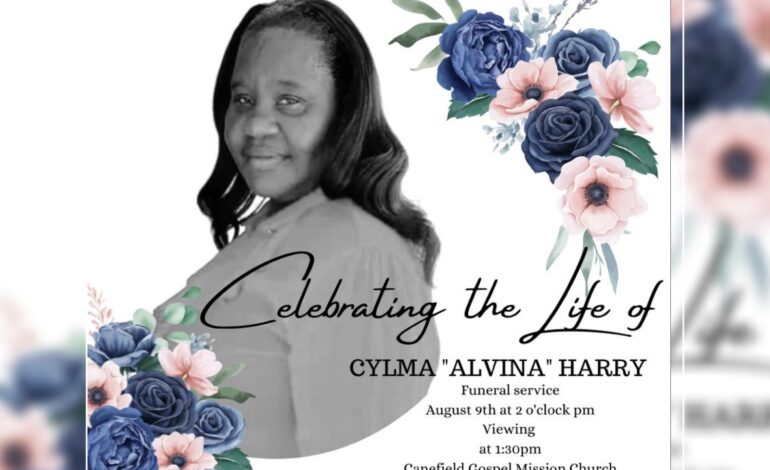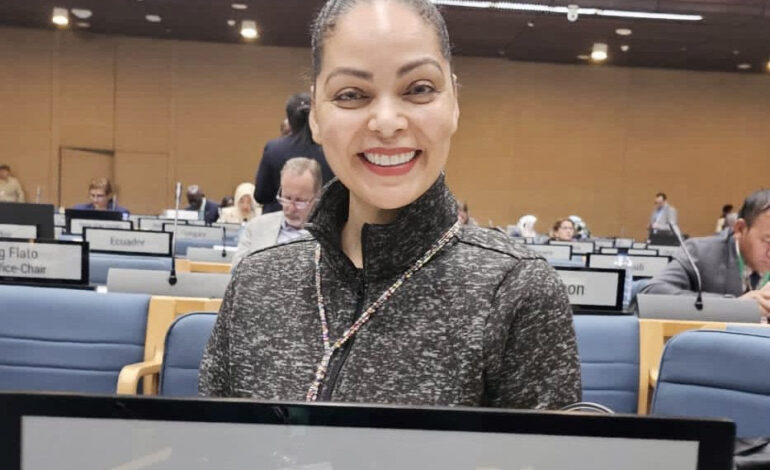
Having recently returned from a visit to Dominica, I found myself confronting a reality that has long been ignored: the escalating mental health crisis plaguing the island’s population. The picturesque landscapes and serene ambiance could not camouflage the undercurrent of distress, especially among young men lacking social and economic opportunities. It’s no secret that limited prospects can foster feelings of despair and discontent. Coupled with the stigma associated with mental health issues, the situation becomes a breeding ground for an unchecked crisis. In Dominica, young men in particular seem trapped in this storm, as societal expectations compel them to mask their pain rather than seek help.
However, the issue goes beyond just the youth and permeates all age groups and genders. Elders, who should be enjoying their twilight years, grapple with solitude, stress, and trauma. Women, too, are not immune, often struggling under the weight of their own challenges. The devastating impact of Hurricane Maria still haunts many, its aftermath bringing on a wave of unresolved trauma. In September 2017, the Category 5 storm devastated the island, laying waste to entire communities, causing loss of life, and leaving the land and its people shattered. Today, the physical scars may have largely healed, but the psychological wounds, often unnoticed and untreated, continue to affect the lives of many. After the hurricane, the focus was, as it should have been, on immediate survival – securing food, water, and shelter. The citizens of Dominica, resilient and strong, banded together to start the rebuilding process. Over time, the world saw Dominica rise from the rubble, as the buildings were rebuilt, and nature began to reclaim its own. But what of the invisible wreckage left within the hearts and minds of its people? The struggle to return to ‘normalcy’ is ongoing for many Dominican citizens who lived through the horrifying ordeal. Post-Traumatic Stress Disorder (PTSD) – a condition typically associated with war veterans or victims of severe violence – appears to have become a haunting reality for many who survived the terrifying power of Hurricane Maria. And for those straining under its burden, how do they cope?
Despite these widespread mental health challenges, the cultural norms and lack of understanding often relegate mental health to the shadows. The stigma surrounding mental health issues dissuades those struggling from seeking necessary help, leading to a vicious cycle of suffering in silence of self-medication that only serves to compound the problem. Addressing this crisis demands a concerted effort on multiple fronts. First and foremost, we must shatter the stigma surrounding mental health in Dominica. This requires a collective shift in the way we perceive and discuss mental health issues, transforming them from a source of shame and ostracization into an accepted and understood aspect of human health. Raising awareness is the bedrock of this change. By fostering open dialogues about mental health and mental illness, we can slowly chip away at the walls of misunderstanding and ignorance that has for too long dictated how we perceive and interact with people dealing with these challenges. It is crucial to incorporate mental health education in schools, workplaces, religious institutions, and community centers, ensuring everyone understands that it’s okay not to be okay, and help is available.
Alongside creating awareness, it’s imperative that we advocate for the development of comprehensive programs and policies focused on mental health and holistic wellness. This includes increasing access to mental health services, training more mental health professionals, and investing in research to understand the unique needs of Dominica’s population. Initiatives such as community mental health programs, counseling centers, peer support groups, and helplines can provide much-needed support. Moreover, the government can play a vital role by implementing policies that promote mental well-being, provide resources for those in need, and create economic and social opportunities, particularly for young people.
The path to addressing Dominica’s mental health crisis is undeniably challenging. However, the resilience that Dominicans displayed in the wake of Hurricane Maria gives me faith. By acknowledging the crisis, breaking down stigma, raising awareness, and dedicating resources to mental health, we can provide hope for those struggling and set Dominica on a path toward collective healing.
BIO
Jackie St. Louis is a graduate of Castle Bruce Primary School and the Goodwill secondary school. Jackie is a mental health professional and public policy consultant, whose work focuses on transforming marginalized communities. With a background that includes a master’s degree in counseling from Cairn University, Langhorne, Pennsylvania, and a Doctorate in Public Administration, Jackie merges theory and practice in all his undertakings. Jackie is a licensed mental health therapist and the founder of Tender Tongues Counseling, a private practice. Jackie is contracted with the state of Washington to provide counseling to its employees through their Employee Assistance Program. Jackie is also the founder and principal of D-Fine Concepts, a consulting firm that works on public policy issues including mental health, substance use disorders, public health, racial and cultural issues, homelessness, and poverty. Jackie is also a frequent speaker at national forums in the USA, sharing his insights and advocating for policy changes that address societal inequities. He is known for his ability to articulate complex issues in an accessible manner, encouraging dialogue and fostering a deeper understanding among his audience. In every aspect of his work, Jackie St. Louis embodies a steadfast dedication to service, understanding, and inclusivity, driven by a passion for creating a healthier and more equitable society. His work continues to make a significant impact on both individual lives and public policy, contributing towards a brighter and more inclusive future.





